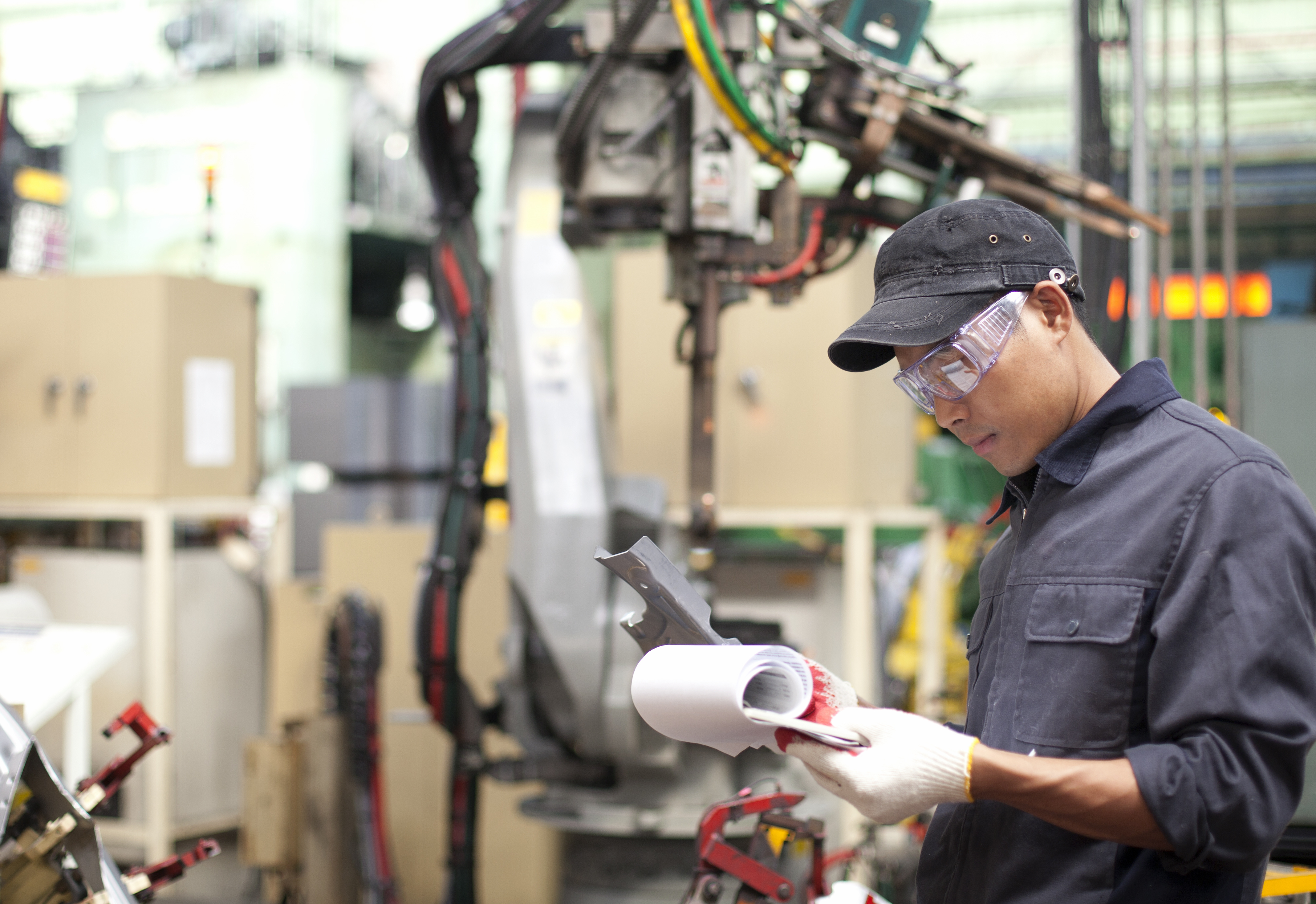
The Factored Quality Guide to Supplier Sourcing
Our expert guide breaks down the process of finding, vetting, and onboarding new suppliers for your brand.

In Part 2, we get into the weeds of supplier audits.
Any consumer brand will know navigating from product development to warehouse inventory audits is a highly specific process.
Fortunately, at Factored Quality, we’re experts on all aspects of audits that founders and startup operations teams don’t have the capacity to worry about. And we’re going to outline all of them in this series.
In Part 2, we get into the weeds of supplier audits.
Let’s dive in.
Let's start with some definitions.
At Factored Quality, we see over and over that product quality is a relatively cheap advantage that pays itself back multiple times over. Conversely, a lack of product quality will cost you multiple times over.
That's why we emphasize that all brands should prioritize risk aversion regarding product quality. Treat quality as the easiest way to elevate your brand’s status, recognition, and ultimate quality — because those are the traits that customers remember.
With this, running factory audits, in-line inspections, pre-shipment inspections, and inventory audits builds a snapshot of the conditions of your products and the performance of your suppliers.
Apple is an excellent example of a massive company with extensive quality control. For instance, anyone who purchases a MacBook gets to participate in the well-loved unboxing experience: Every detail of the product and packaging is immaculate because someone at Apple’s manufacturers inspected all of it.
Here, we see that the emphasis Apple places on product quality pays itself back.
Smaller brands may see this example and assume they don't have to go to the same lengths because they aren't producing goods on the same scale. But that's simply not the case. After all, if one of your customers opens up their package to find everything in it is subpar, every dollar you’ve invested into that unit goes in the trash.
One-hundred percent of large companies prioritize quality control. Too many SMBs do not. Factored Quality is here to change that.
Factored Quality conducts a hands-on, bespoke quality control process for every client, so we leave no stone unturned. Here’s a look into how we run efficient QC for companies of every size:
Step 1: Onboarding
From the moment you partner with us, we dedicate an FQ team member to your account — no matter where your team is based. Everyone at FQ has a product and/or supply chain background and works from one of our global offices, from Hong Kong to Europe to North America.
During onboarding, we assess all of your products and suppliers to tackle key questions, like:
Step 2: Executing the inspections
At FQ, we design inspection checklists to fit every unique product and category.
Next, we assign and deploy inspectors from our network of 2,000+ trained, certified, and vetted QC professionals, who specialize in inspecting your specific category or type of product. If you need higher-frequency inspections, we'll also build up a pool of go-to inspectors.
Step 3: Inspection reports
Every single FQ inspection report includes a video of our team members walking through the findings. First, we explain how to read the report, as QC memos can be lengthy and complicated. Then, we unpack three essential pieces of information:
At Factored Quality, we specifically recommend running annual environmental audits to ensure your suppliers haven’t made any drastic changes — and, if anything, to see if they’ve improved their standards. Environmental audits also evaluate the supplier’s electricity, gas, and water consumption.
Here are three reasons why these audits are especially critical for every brand:
Reason #1: Standards for brand partnerships
Most retailers, brands, and organizations that you may want to partner with have environmental specifications. For example, if you want to partner with Disney or Amazon, they provide environmental guidelines you must follow.
Reason #2: Trends in consumer expectations
Mainstream consumer demands have shifted: People care about how the goods they purchase are produced. Obtaining C2C or B Corp certification, for example, shows customers that you’ve achieved certain environmental standards.
Reason #3: Regulations for selling internationally
If you’re selling in the EU, countries like Germany emphasize supply chain visibility, so you must account for your emissions. Plus, the FQ team predicts many countries across the globe will soon codify environmental audits into law, so now is the opportunity to get ahead of the curve!
Our factory audits recently saved the day for two of our customers. Here are two ways we save consumer brands time and money while ensuring they work with only the best factories:
1. Standardized social audits
We recently ran a social audit for an FQ client at two supplier locations. This brand was about to partner with a major media company and planned to launch retail. The media partner had strict supply-chain requirements for its partners.
Fortunately, FQ ran our audits early enough in advance that we identified all areas of non-conformity at the supplier locations, granting the suppliers sufficient time to course-correct. We then conducted follow-up audits to ensure they’d successfully implemented changes.
Thanks to our audit, the brand was able to launch their media partnership and break into retail — completely on schedule.
Standard factory audits
Another FQ client hoped to expand production and partner with a new supplier. To understand the supplier’s manufacturing practices and quality procedures, we ran a standard factory audit at the facility. Our auditor uncovered significant issues, so the brand moved their search elsewhere.
With Factored Quality’s auditors behind them, the brand gained visibility into a potential partner and avoided a major supply chain hiccup — and potentially tens of thousands of dollars in defects and rework.